One of the greatest choral symphonies of the 20th century, entitled Das Siegeslied (Psalm of Victory), has been heard only three times since it was composed in 1933. The last performance took place in Bratislava in 1997.
The text is a German translation of words from Psalm 68: ‘…as wax melteth before the fire, so let the wicked perish at the presence of God’. One critic has described Das Siegeslied as ‘a shattering, armour-plated juggernaut of a symphony’, whose huge orchestra marches in a frenzy across ‘voice parts conceived wholly in terms of the harsh consonants and barking vowels of German’.
Yet there is also captivating beauty: the lapping of harps and muted horns; a serene interlude for a capella choir. Add to this crafty variations on Luther’s ‘Ein feste Burg’ and one has to wonder: why has Das Siegeslied never been performed in Dresden, where the composer was born in 1876? The simple answer is that nothing gets performed in Dresden — Dresden, Staffordshire, that is. It was a village in the Potteries when Havergal Brian was growing up there and is now an unlovely district of Stoke-on-Trent.
Das Siegeslied was Brian’s fourth symphony; there were another 28 to come, 21 written after the age of 80. His discarded Requiem dates from 1895; his Symphony No. 32 from 1968, four years before his death at 96. To put it another way, he was composing at the same time as both Brahms and Elton John.
Havergal Brian was England’s first working-class composer, beginning his career as an apprentice joiner. He was also a musical prodigy with a passion for social climbing. As a young man he ingratiated himself with Elgar, who tired of him, and Sir Granville Bantock, composer of lush cod-Celtic scores, who liked the cheeky Brian but despaired of his wife-beating, heavy drinking and sponging.
Although some of his early, jolly music was played at the Proms, Brian spent his middle decades in obscurity. He was querulous and paranoid, and only Bantock managed to locate his sense of humour. In a letter to him, Brian recalled a highlight of their friendship: ‘We were having a grilled fowl at supper, and the sedate [tenor] John Coates sitting there, and you farted quietly — Coates didn’t know what he was smelling and shouted to a waiter to know if he could smell burnt candle.’
Brian is best known for his gigantic two-hour Symphony No. 1, the Gothic, of which Mark Morris in his Guide to 20th-Century Composers writes: ‘Not Handel at his most joyful, Berlioz at his most grand, Mahler at his most visionary, or Messiaen at his most ecstatic, has approached this effect of overwhelming praise.’ Given that it calls for around 800 performers, including six timpanists on 22 drums, perhaps it’s not surprising that the composer had to wait until he was 90 to hear it conducted by Sir Adrian Boult. Morris, writing some years before a stunning Gothic at the 2011 Proms, thought the symphony’s neglect was a ‘disgrace’.
I’d say the real disgrace is the neglect of the other 31, and his never-staged burlesque opera The Tigers. Many professional critics talk of Brian as if he were a musicalMcGonagall — a naive autodidact whose later symphonies are just doodles. They especially disdain the middle-class ‘stalwarts’ of the Havergal Brian Society, whom they accuse of making silly claims for his work.
This is such nonsense. First, the society’s members admit that the output of one of the most prolific symphonists since Haydn is uneven. But then so was Haydn’s. Admittedly, equating Haydn and Brian would be silly — so how about a more realistic comparison? The late Sir Peter Maxwell Davies was not consistently inspired: he trod a fine line between ‘evocative’ sounds and aural wallpaper, radicalism and (in the case of his opera Taverner) screamingly boring dissonance.
Maxwell Davies’s string quartets are admired for their taut construction. But they are not as densely argued as Brian’s Symphony No. 30, in which, to quote the Brian scholar Malcolm MacDonald, ‘an hour’s worth of passionate, urgent ideas are ruthlessly lopped and squeezed into 16 minutes’. Only on repeated listening do Brian’s jerky snatches of melody, boom-and-bust dynamics and disorientating changes of key begin to reveal their logic.
But how often is the work listened to even once? It has featured in just one public concert, at the Alexandra Palace in 1976; only since 2011 has the symphony been available on CD, in a splendid reading by the Royal Scottish National Orchestra under Martyn Brabbins on Dutton. Its pared-back harmonies remind me a bit of late Beethoven.
If the Symphony No. 30 were premièred today as the work of a photogenic 25-year-old, preferably female or gay, it would cause a sensation. It might even be hailed as the triumphant reinvention of tonality after countless failed experiments in minimalism, pastiche and crossover.
But, in reality, it was written by a 91-year-old pensioner in a block of flats in Shoreham-by-Sea — a cantankerous old chap who, when in a suspicious mood, was quite capable of accusing his neighbour of poisoning his tobacco. Brian was ‘difficult’ all his adult life — and, even more deadly from the point of view of the British musical establishment, never escaped the suburbs.
What a contrast with the boyishly handsome, left-liberal, island-dwelling ‘Max’, who campaigned against uranium mining and was so incensed by cuts to arts funding that he threatened to return his knighthood (but mysteriously never got round to it). Maxwell Davies was an ingenious composer but his supreme talent was networking. Brian never mastered that art and, as a result, some of the finest symphonies ever written in these islands were brushed away like dandruff before they were even recorded.
Got something to add? Join the discussion and comment below.
Get 10 issues for just $10
Subscribe to The Spectator Australia today for the next 10 magazine issues, plus full online access, for just $10.
You might disagree with half of it, but you’ll enjoy reading all of it. Try your first month for free, then just $2 a week for the remainder of your first year.

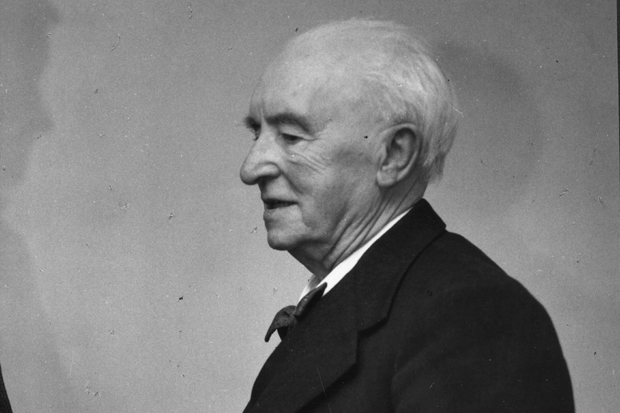
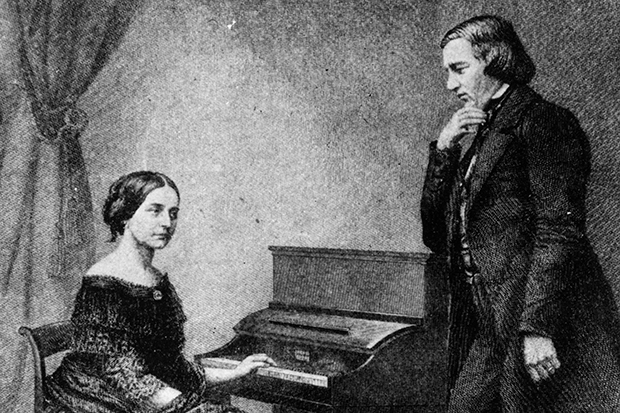
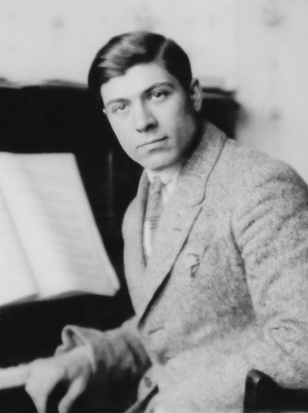
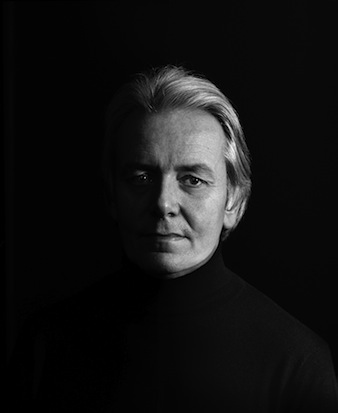


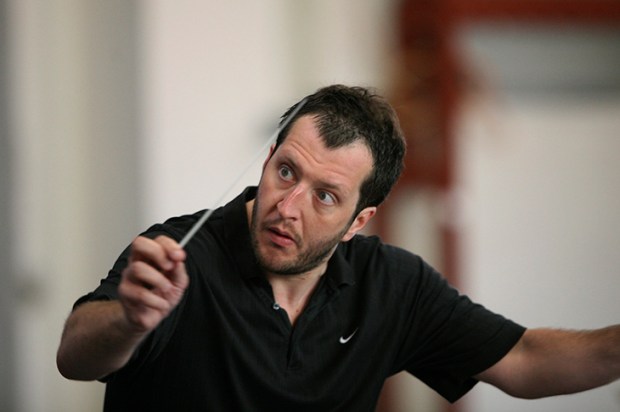






Comments
Don't miss out
Join the conversation with other Spectator Australia readers. Subscribe to leave a comment.
SUBSCRIBEAlready a subscriber? Log in